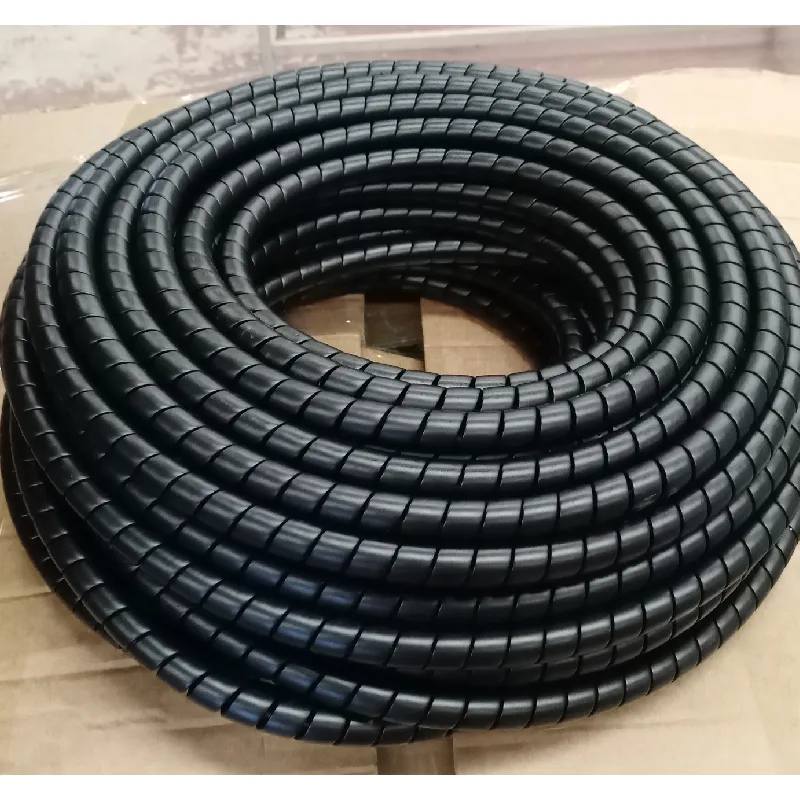air conditioner lines
Understanding Air Conditioner Lines Essentials for Optimal Performance
Air conditioning systems are essential in modern homes and businesses, providing comfortable temperatures, enhancing air quality, and contributing to overall well-being. Central to the functioning of these systems are the air conditioner lines, which play a vital role in the cooling process. Understanding the different components and functions of air conditioner lines can help homeowners and technicians ensure optimal performance and longevity of the system.
Types of Air Conditioner Lines
Air conditioning systems typically contain two main types of lines the suction line and the liquid line.
1. Suction Line This is the larger of the two lines and carries refrigerant in a gaseous state from the evaporator coil back to the compressor. The suction line is insulated to prevent heat absorption from the surrounding environment, maintaining the efficiency of the refrigerant as it travels. This line operates at low pressure and temperature.
2. Liquid Line The liquid line, on the other hand, carries refrigerant in a liquid state from the condenser coil to the expansion valve. This line is smaller and operates at higher pressure compared to the suction line. It is crucial for the refrigerant to be properly pressurized to ensure an efficient cycle of cooling.
The Role of Refrigerant
Refrigerant is the lifeblood of any air conditioning system, moving through the lines as it absorbs and releases heat. The refrigerant transitions between gas and liquid states, absorbing heat from the indoor air at the evaporator coil and releasing it outside at the condenser coil. This process is fundamental to how air conditioning systems create a comfortable indoor environment.
Proper maintenance of the refrigerant levels within the air conditioning system is essential. Low levels can lead to inadequate cooling, while excessive refrigerant can cause increased pressure, resulting in potential damage to the compressor. Technicians often check for leaks in the lines during routine maintenance, as even a small leak can significantly impact efficiency.
Importance of Insulation
air conditioner lines

Insulation around the air conditioner lines is critical for maintaining efficiency
. The suction line, in particular, requires insulation to minimize heat gain as the low-pressure gas travels back to the compressor. Without proper insulation, the refrigerant can absorb heat from the surrounding environment, leading to a decrease in cooling efficiency and an increase in energy consumption.Insulation materials are usually made of foam or fiberglass and should be replaced if they become damaged or worn. This maintenance task is often overlooked but can lead to significant savings on energy bills and contribute to the overall lifespan of the air conditioning system.
Potential Issues with Air Conditioner Lines
Several issues can arise with the air conditioner lines that can affect the overall performance of the system
- Leaking Refrigerant As mentioned earlier, leaks can occur in both the suction and liquid lines. Signs of a refrigerant leak include reduced cooling capacity, ice formation on the evaporator coil, and hissing noises near the lines.
- Blockages The liquid line can sometimes become blocked due to debris or ice buildup. This blockage can prevent the refrigerant from reaching the expansion valve, leading to insufficient cooling.
- Corrosion Over time, especially in humid environments, air conditioner lines can corrode. This corrosion can lead to leaks and reduce the system’s efficiency. Regular inspections can help identify and address corrosion issues before they become severe.
Conclusion
The air conditioner lines are integral to the efficient operation of any cooling system. Understanding the types, functions, and common issues related to these lines is essential for anyone relying on air conditioning. Regular maintenance, including checking for leaks, ensuring proper insulation, and monitoring refrigerant levels, can prolong the life of the air conditioning system and enhance its performance. As we continue to rely on air conditioning to create comfortable living and working environments, being informed about its components, like the air conditioner lines, becomes increasingly important.
-
Ultimate Spiral Protection for Hoses & CablesNewsJun.26,2025
-
The Ultimate Quick-Connect Solutions for Every NeedNewsJun.26,2025
-
SAE J1401 Brake Hose: Reliable Choice for Safe BrakingNewsJun.26,2025
-
Reliable J2064 A/C Hoses for Real-World Cooling NeedsNewsJun.26,2025
-
Heavy-Duty Sewer Jetting Hoses Built to LastNewsJun.26,2025
-
Fix Power Steering Tube Leaks Fast – Durable & Affordable SolutionNewsJun.26,2025

